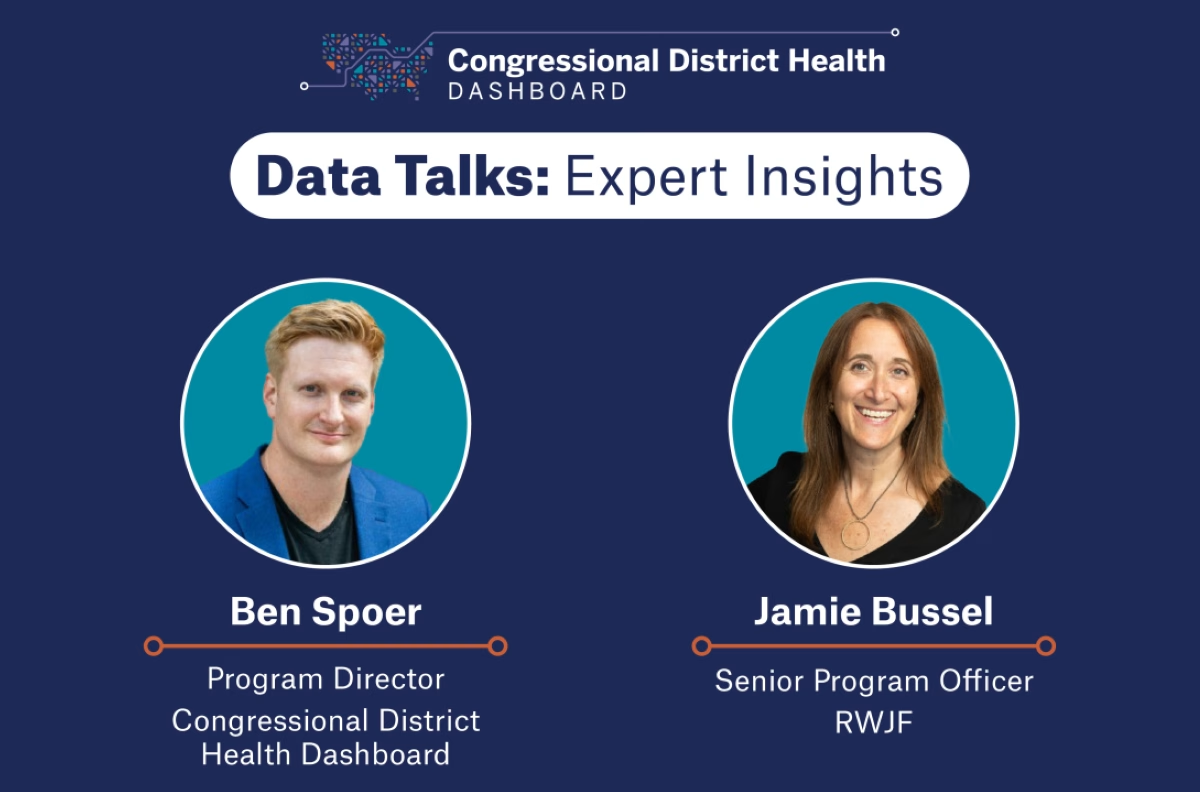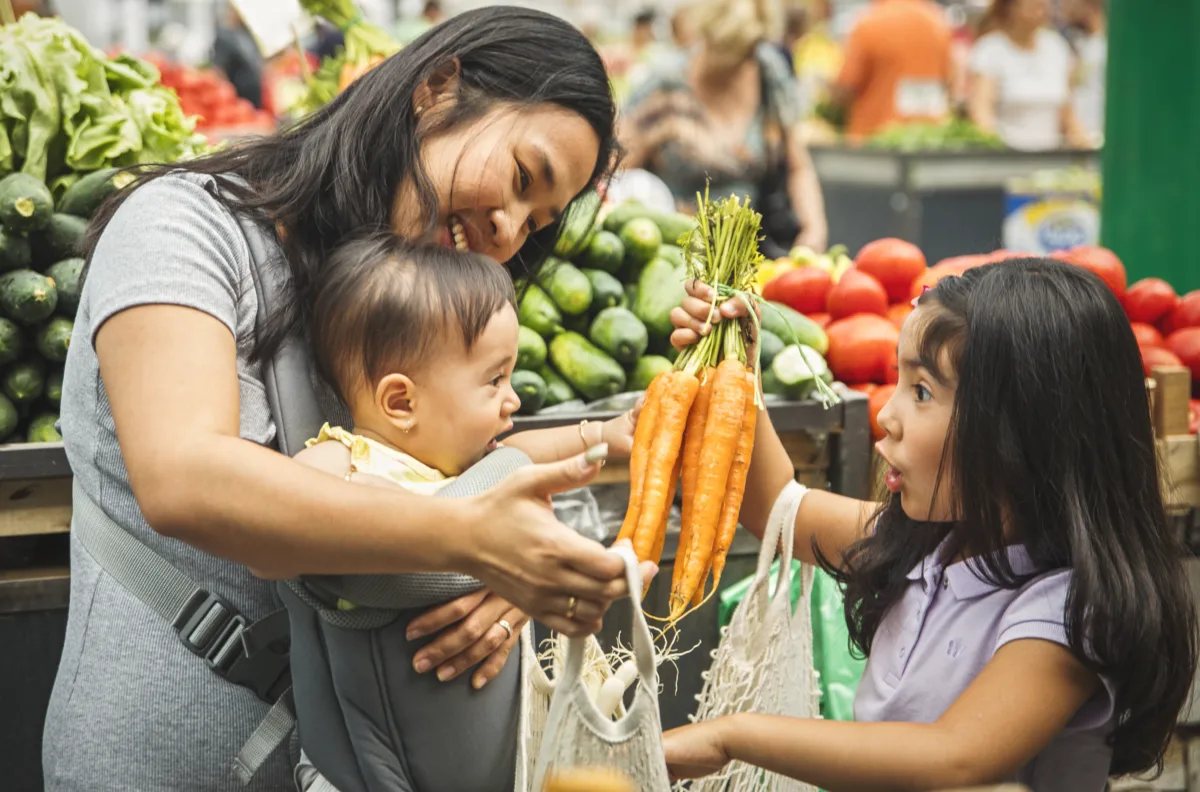Vacant lots are offered through the City of Newark’s Adopt-A-Lot program to businesses, residents and nonprofits that commit to caring for the space. Organizers are using this opportunity to combat gentrification by transforming their lots into gardens and farms for seasonal usage with the hope of purchasing and redeveloping 3-4 years later. In what were once two vacant lots, my colleagues and I at Al-Munir Consulting decided to transform the 6,500 square feet of unused land into lush garden beds full of okra, tomatoes, potatoes, collard greens, onions, melons, and herbs.
Leased from the city for just $1 a year, these lots are now home to gardens that help provide 40+ families in the North and South Wards—where many residents face barriers to accessing healthy food—with fresh, culturally relevant produce. But, that is just one piece of the puzzle for us.
The people in our communities know what their needs are, and it’s our job to find creative solutions to address those needs—this can be accomplished through placemaking. We know there are longstanding health disparities in pockets of New Jersey—what if we improved people’s access to fresh, nutritious food to help change that?
I’m an educator and social worker by trade, and as a Vital Village Community Food Systems Fellow, I take a holistic approach to community wellbeing. I think it’s so important to recognize and draw connections between the threads that determine a person’s ability to live a healthy life. We need to understand the far-reaching impact that lack of healthy food access can have on a person. For example, asthma—an illness that can be exacerbated by poor diet—is the leading cause of student absenteeism in Newark schools.
This is also why I’m committed to listening to community members. I take the time to respond to their ideas and make space for residents to take on active roles in their own food systems. Al-Munir Farms are powered in part by neighborhood residents, with help from local food justice advocates, collaboratives, and expert gardeners and growers. Our group also conducted research in the community, where many residents are African American or immigrants from the Caribbean and West Africa, to identify what foods would be most popular.
Fortunately, we are not the only ones working to build a more equitable food system in Newark. Local organizations including the Boys and Girls Club and a community health center help manage more than 60 community gardens across the city. These organizations, and even schoolyards, have gardens contributing to communities across the city.
This is a passion project for everyone involved, and it’s about more than the food. When people come into the garden, they are coming into a safe and welcoming space. Just being there and having the freedom to pick their own produce has improved people’s wellbeing.


